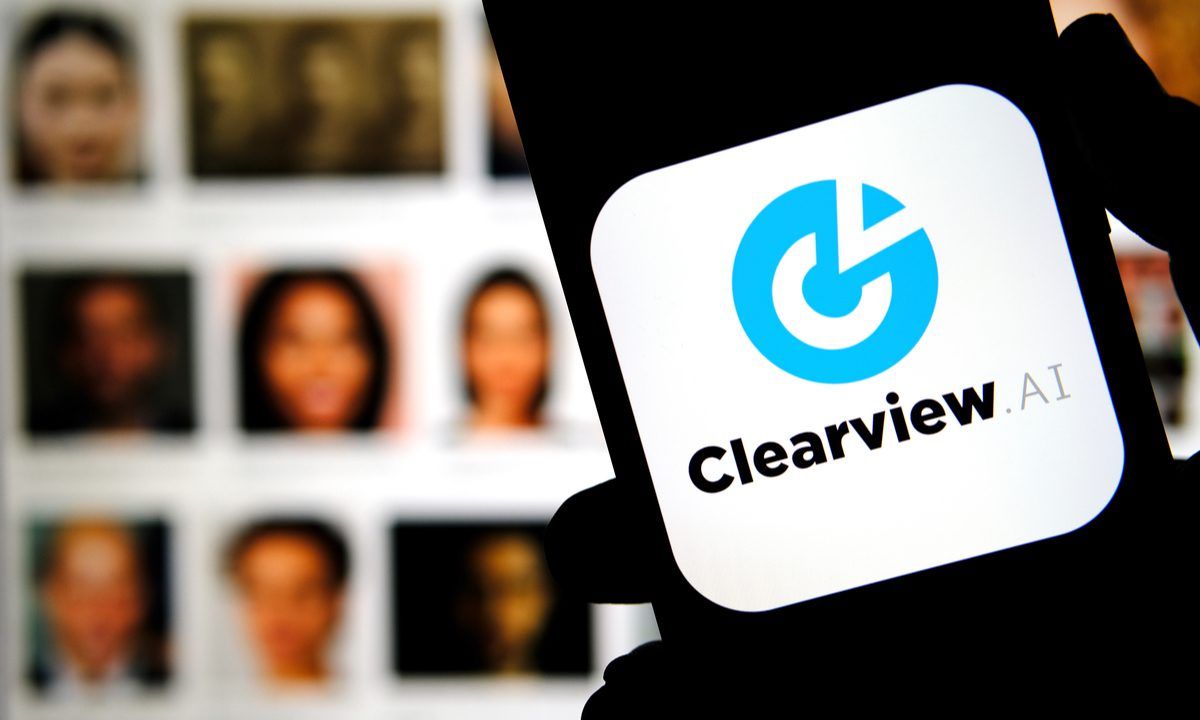Clearview AI Wins Appeal Against UK Privacy Sanction
The recent ruling in Clearview AI's favor by a UK tribunal has significant implications for the company and the regulatory landscape surrounding facial recognition technology.

Clearview AI, a US facial recognition company that has drawn considerable controversy, has won an appeal against a privacy sanction imposed by the UK's Information Commissioner's Office (ICO). This development follows a long-standing battle between the company and UK regulators regarding the use of its facial recognition technology.
The Initial Sanction
In May 2022, the ICO issued an enforcement notice on Clearview AI, which included a substantial fine of approximately £7.5 million (around $10 million). The ICO took this step after it determined that Clearview AI had committed multiple breaches of local privacy laws, primarily related to its use of facial recognition technology. The company has been known for its controversial practice of scraping personal data from various sources, such as social media, to create a massive facial recognition database.
Moreover, the ICO ordered Clearview AI to delete any information it held on UK citizens. The agency's decision to issue the sanction was driven by concerns over privacy violations and data protection breaches, as well as the company's questionable use of personal data.
Clearview AI's Appeal
Clearview AI didn't accept the ICO's decision quietly. The company filed an appeal challenging the UK privacy sanction, setting the stage for a legal battle that would determine the fate of its operations in the UK.
Recent Developments
The recent ruling in Clearview AI's favor by a UK tribunal has significant implications for the company and the regulatory landscape surrounding facial recognition technology. The tribunal's judgment centered on jurisdiction grounds, with the ruling stating that Clearview AI's activities fall outside the jurisdiction of UK data protection law due to an exemption related to foreign law enforcement.
The key points of the tribunal's judgment are as follows:
- Clearview AI's operations in the UK are no longer subject to the UK's data protection regulations, as it predominantly serves foreign law enforcement and national security clients.
- The tribunal accepted Clearview AI's claim that it exclusively provides services to non-UK/EU law enforcement or national security bodies and their contractors. It underlined that these contractors also exclusively carry out criminal law enforcement and/or national security functions.
This judgment has several important implications:
- Clearview AI's operations in the UK are no longer subject to the UK's data protection regulations, as it predominantly serves foreign law enforcement and national security clients.
- European regulators, including the ICO, face significant challenges when attempting to enforce data protection rules against foreign companies.
- The legal complexity surrounding Clearview AI's case highlights the need for consistent and effective data protection laws to address emerging technologies like facial recognition.
- EU lawmakers and MEPs have proposed regulations to limit practices like indiscriminate data scraping for facial recognition databases. These legislative measures could bolster privacy rights for EU citizens.
While Clearview AI may have achieved an important legal victory in the UK, the ongoing debate about the company's practices, data protection, and privacy rights continues to unfold on both sides of the Atlantic. The ruling may prompt further discussion about the need for stronger regulations in the rapidly evolving field of facial recognition technology.




